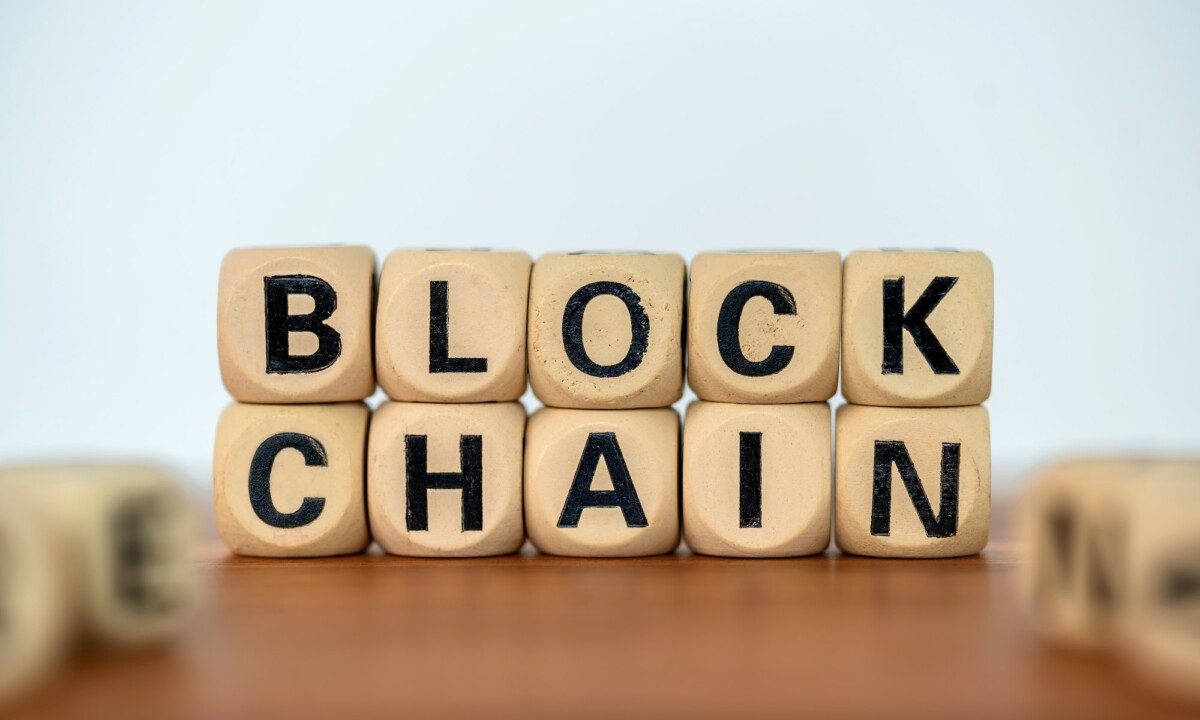Blockchain in Real Estate: Enhancing Security and Transparency
Blockchain technology has revolutionized various industries by offering increased security, transparency, and efficiency. In recent years, the real estate sector has also embraced blockchain to address some of its longstanding challenges. Blockchain’s decentralized and immutable nature provides a secure platform for real estate transactions, ownership records, and smart contracts. In this blog post, we will explore the impact of blockchain in real estate, its role in enhancing security and transparency, and the potential benefits it brings to the industry.

The Role of Blockchain in Real Estate
1. Secure Transactions: Blockchain facilitates secure peer-to-peer transactions without the need for intermediaries like banks or title companies. It ensures that transactions are tamper-proof and irreversible, reducing the risk of fraud and unauthorized alterations.
2. Transparent Ownership Records: Blockchain maintains a transparent and immutable ledger of property ownership records. These records are publicly accessible, promoting transparency and reducing disputes over property ownership.
3. Smart Contracts: Smart contracts are self-executing agreements with terms directly written into code. In real estate, smart contracts automate processes such as property transfers and rental agreements, streamlining transactions and reducing paperwork.
4. Tokenization of Real Estate Assets: Blockchain enables fractional ownership of real estate through tokenization. Investors can buy and trade tokens representing portions of properties, enhancing liquidity and opening up new investment opportunities.
5. Identity Verification: Blockchain can be used for identity verification in real estate transactions, reducing the risk of identity theft and ensuring that parties involved in a transaction are legitimate.
Enhancing Security in Real Estate Transactions
1. Prevention of Fraud: Blockchain’s cryptographic algorithms and decentralized nature make it highly resistant to fraud and hacking attempts. Each transaction is recorded on multiple nodes, making it nearly impossible to alter or falsify records.
2. Secure Fund Transfers: Blockchain enables instant and secure fund transfers for real estate transactions. Escrow services can be automated through smart contracts, ensuring that funds are released only when specific conditions are met.
3. Protection of Sensitive Data: Blockchain ensures that sensitive personal and financial information is securely stored and accessible only to authorized parties, reducing the risk of data breaches.
4. Trust in the Absence of Intermediaries: By eliminating intermediaries, such as title companies and escrow agents, blockchain transactions instill greater trust between parties, as they can verify the accuracy of records themselves.

Enhancing Transparency in Real Estate Transactions
1. Publicly Accessible Records: Blockchain’s distributed ledger is transparent and publicly accessible, allowing anyone to view property ownership records and transaction history.
2. Real-Time Updates: All changes to the blockchain are recorded in real-time, providing up-to-date information on property ownership and transactions.
3. Streamlined Due Diligence: Potential buyers and investors can conduct faster and more efficient due diligence on properties by accessing verified and transparent records on the blockchain.
4. Immutable Records: Once information is recorded on the blockchain, it cannot be altered or deleted, ensuring the integrity and permanence of property records.
Potential Benefits of Blockchain in Real Estate
1. Faster Transactions: Blockchain streamlines the entire real estate transaction process, reducing paperwork and minimizing delays, resulting in faster property transfers.
2. Reduced Costs: By eliminating intermediaries and automating processes, blockchain reduces transaction costs, making real estate investment and ownership more accessible.
3. Global Market Access: Blockchain’s borderless nature allows investors from anywhere in the world to participate in real estate markets, increasing market liquidity and diversity.
4. Increased Trust: Blockchain’s transparent and secure system builds trust between parties, fostering a more reliable and efficient real estate ecosystem.
Conclusion
Blockchain technology is transforming the real estate industry by enhancing security and transparency in transactions, ownership records, and smart contracts. The decentralized and tamper-proof nature of blockchain ensures secure real estate transactions, protects sensitive data, and prevents fraud. It also brings greater transparency by providing publicly accessible and immutable property ownership records. With the potential to streamline processes, reduce costs, and increase trust, blockchain is set to revolutionize the way real estate is bought, sold, and managed. As the adoption of blockchain in real estate continues to grow, the industry is poised for a new era of efficiency, security, and transparency.





